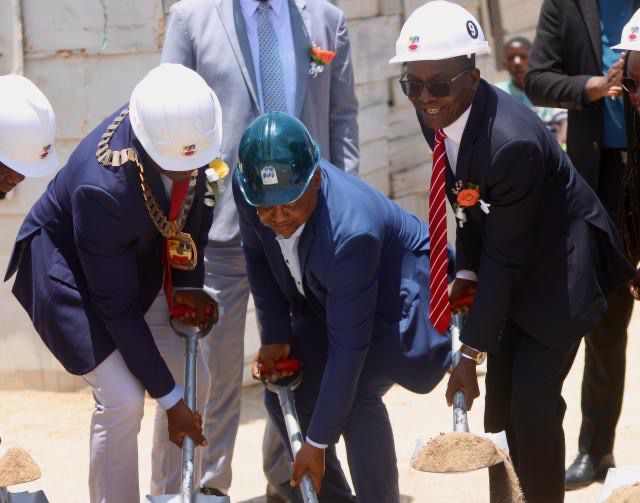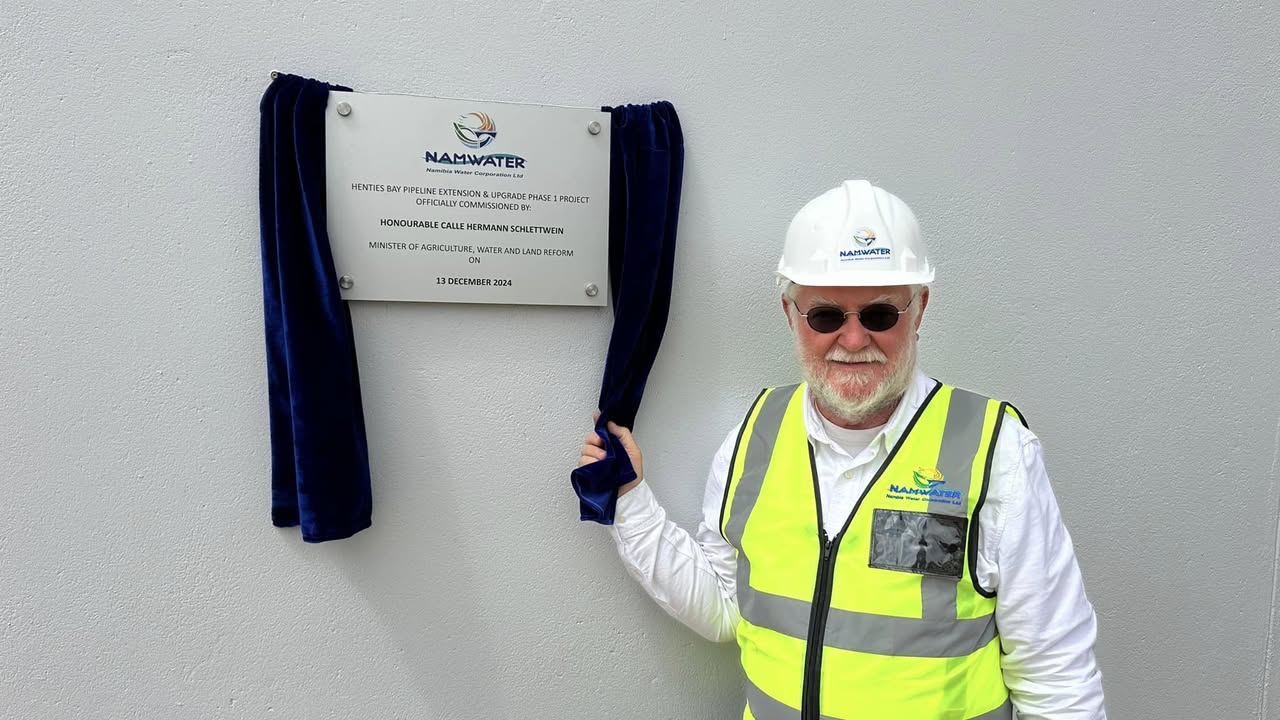WEALTHY countries need to fulfil their much-vaunted commitments to spend more on development aid to the world’s poorest nations and to liberalise international trade rules, several African states told the General Assembly’s annual high-level debate in New York on Saturday.
President Hifikepunye Pohamba returned from the world gathering on Sunday. Burundi’s Second Vice President Gabriel Ntisezerana called on developed countries to live up to their collective pledge to contribute the equivalent of 0,7 per cent of their gross domestic product (GDP) for aid and development, despite the current turbulence in international markets.”Special attention must be paid to the problem of order in international financial markets, the need to increase investments in Africa, the rational management of hydraulic and energy resources, the transfer of technology and international trade agreements, the issue of climate change and the management of toxic wastes,” he said.”It is more urgent than ever that we harmonise the procedures and instruments to realise our common goals, namely the battle against hunger, the reduction of world poverty and the consolidation of peace,” Ntisezerana added.Guinea’s Prime Minister Ahmed Tidiane added his voice to the chorus calling for greater assistance from affluent countries due to the massive inequalities between different states.”A lasting peace cannot be built on the present asymmetrical fissures of our world.The removal of all barriers to exporting poor countries’ produce is essential to emerge from marginalisation,” Tidiane said.João Bernardo de Miranda, Foreign Minister of Angola, said it was critical that the international trade rules be liberalised if the world is going to resolve the food crisis.The latest set of trade talks, known as the Doha round, has stalled amid disagreements between rich and poor countries.”The agricultural subsidies provided by developed countries to their farmers are ruining the production of farmers in poor countries, limiting their access to international markets,” Miranda said.Fradique Bandeira Melo de Menezes, President of São Tomé and Príncipe, said the international community must translate its promises and commitments into action, or risk many countries in sub-Saharan Africa missing out on achieving the anti-poverty targets know as the Millennium Development Goals (MDGs) by the scheduled date of 2015.’We made strenuous efforts to eradicate poverty and ensure food security, but are struggling to meet the MDGs because of the combined impact of the current global food and financial crises,” he told the UN General Assembly.UN News ServiceBurundi’s Second Vice President Gabriel Ntisezerana called on developed countries to live up to their collective pledge to contribute the equivalent of 0,7 per cent of their gross domestic product (GDP) for aid and development, despite the current turbulence in international markets.”Special attention must be paid to the problem of order in international financial markets, the need to increase investments in Africa, the rational management of hydraulic and energy resources, the transfer of technology and international trade agreements, the issue of climate change and the management of toxic wastes,” he said.”It is more urgent than ever that we harmonise the procedures and instruments to realise our common goals, namely the battle against hunger, the reduction of world poverty and the consolidation of peace,” Ntisezerana added.Guinea’s Prime Minister Ahmed Tidiane added his voice to the chorus calling for greater assistance from affluent countries due to the massive inequalities between different states.”A lasting peace cannot be built on the present asymmetrical fissures of our world.The removal of all barriers to exporting poor countries’ produce is essential to emerge from marginalisation,” Tidiane said.João Bernardo de Miranda, Foreign Minister of Angola, said it was critical that the international trade rules be liberalised if the world is going to resolve the food crisis.The latest set of trade talks, known as the Doha round, has stalled amid disagreements between rich and poor countries.”The agricultural subsidies provided by developed countries to their farmers are ruining the production of farmers in poor countries, limiting their access to international markets,” Miranda said.Fradique Bandeira Melo de Menezes, President of São Tomé and Príncipe, said the international community must translate its promises and commitments into action, or risk many countries in sub-Saharan Africa missing out on achieving the anti-poverty targets know as the Millennium Development Goals (MDGs) by the scheduled date of 2015.’We made strenuous efforts to eradicate poverty and ensure food security, but are struggling to meet the MDGs because of the combined impact of the current global food and financial crises,” he told the UN General Assembly.UN News Service
Stay informed with The Namibian – your source for credible journalism. Get in-depth reporting and opinions for
only N$85 a month. Invest in journalism, invest in democracy –
Subscribe Now!






